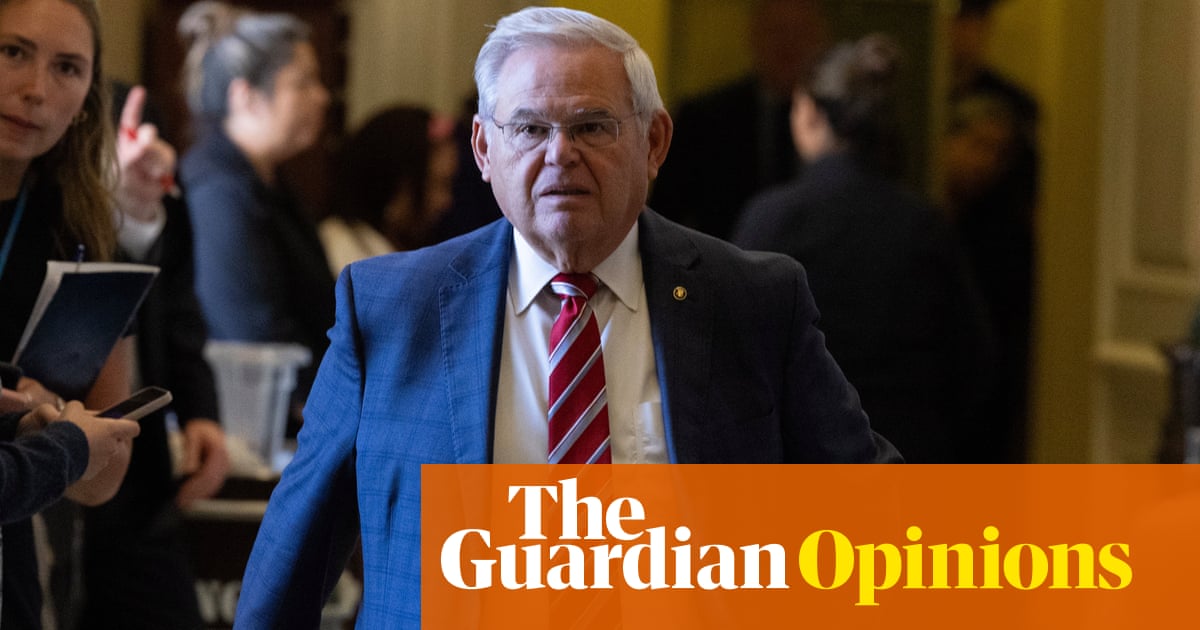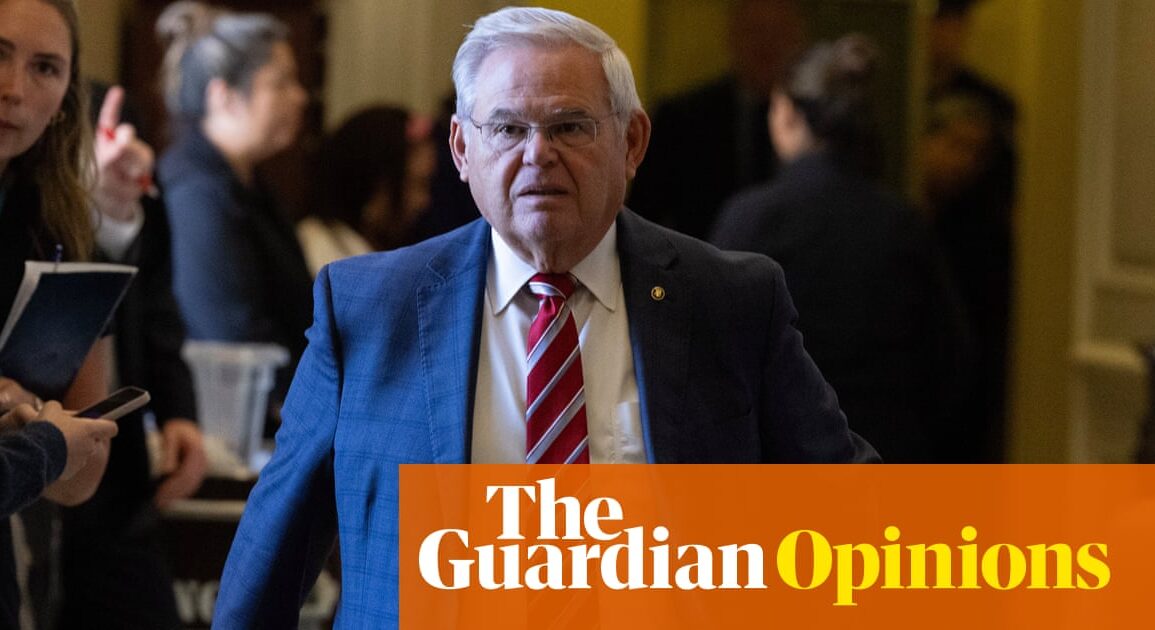
On Friday, 22 September, as Washington geared up for the weekend, a storm erupted. The US attorney general released a 39-page indictment accusing Senator Bob Menendez, his wife Nadine, and three others of involvement in a bribery scheme. The charges allege that they allowed Egyptian officials to gain illegitimate access to key figures in US foreign policy. On Thursday, federal prosecutors in New York accused Menendez of “conspiring to act as an agent of a foreign government”.
Menendez is accused of using his influence as the Senate foreign relations committee chairman to favor Egypt, facilitating US military aid and advocating for issues like the Ethiopian Renaissance dam. He’s also accused of pressuring officials to ignore anti-competitive practices by the firm ISEG Halal, the sole company authorized by Egypt to review American beef exporters, and of providing sensitive information about employees at the US embassy in Cairo that could endanger their lives.
Following the indictment, key members of Congress have been weighing whether to delay $235m in military aid to Cairo as punishment for Egypt’s alleged involvement in this corruption and for Egypt’s failure to demonstrate consistent progress in releasing detainees and improving its human rights record. This has placed renewed strain on Egyptian-American relations. US law requires that military deals be approved by the president or a member of the Senate foreign relations committee, underscoring the regime’s strategic aim to influence Congress through Menendez.
Yet Egyptian regime loyalists do not seem daunted by Menendez’s indictment or by US threats to withhold military aid. This is cause for grave concern to the international human rights community. The US already has a long history of providing assistance to Egypt despite documented human rights abuses. Egypt, sometimes dubbed “the Big Prison”, now has at least 169 prisons and detention centers. These prisons hold thousands of political detainees, including journalists and activists held in pretrial detention for years on frivolous terrorism charges.
In Reporters Without Borders’ Press Freedom Index, Egypt is the 166th-ranked country, out of 188. In addition, human rights organizations estimate over 60,000 prisoners of conscience remain in Egyptian jails.
In 2021, Egypt’s interior ministry inaugurated a massive new prison complex in the Wadi al-Natrun region, accompanied by a song titled Opportunity for Life. Constructed on Egyptian soil but on US terms, as described by President Abdel Fattah al-Sisi, it appeared to be an attempt to court the west and ease international human rights scrutiny. Situated in a desert area about 100km from Cairo, the complex was intended to isolate detainees from their families as a form of persecution.
The US has repeatedly threatened to withhold a portion of its military aid to Egypt, but these threats are not consistently implemented. In 2013, for example, after the ousting of President Mohamed Morsi, the US announced the withholding of aid, but it reversed the decision in early 2014 after President Sisi assumed power.
About $320m of this aid is supposedly tied to improving Egypt’s human rights record, raising questions about the sincerity of the US commitment to combating corruption and autocracy. In this context, the Egyptian regime has become proficient in speaking the disingenuous language of western countries, which use human rights issues to exert pressure on dictatorial governments in pursuit of their interests, spanning arms deals, economic issues, and global migration.
Journalists and advocates like me have long sought accountability for Egyptian officials involved in human rights violations and the torture of political prisoners. I was once one of those political prisoners. For nearly two years, I was confined to a dark cell with nearly 150 other women. I endured physical abuse, harassment including degrading strip searches, sleepless nights, and the denial of basic healthcare needs.
My personal experience is merely one among many. Countless individuals have endured the consequences of corruption, violence, and lack of accountability in Egypt.
If the charges against Senator Menendez are substantiated, it may partly explain why the Egyptian regime seemed so indifferent to America’s previous threats: there were people working to get Egypt assistance without it needing to adhere to human rights commitments. That’s a sad message to the many Egyptian political prisoners hoping to be freed.
-
Solafa Magdy is an Egyptian journalist and former political prisoner
This post was originally published on this site be sure to check out more of their content.







